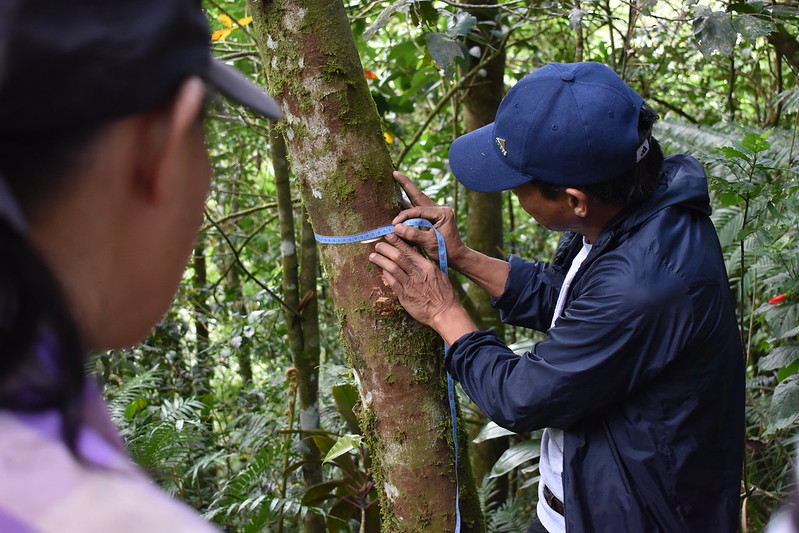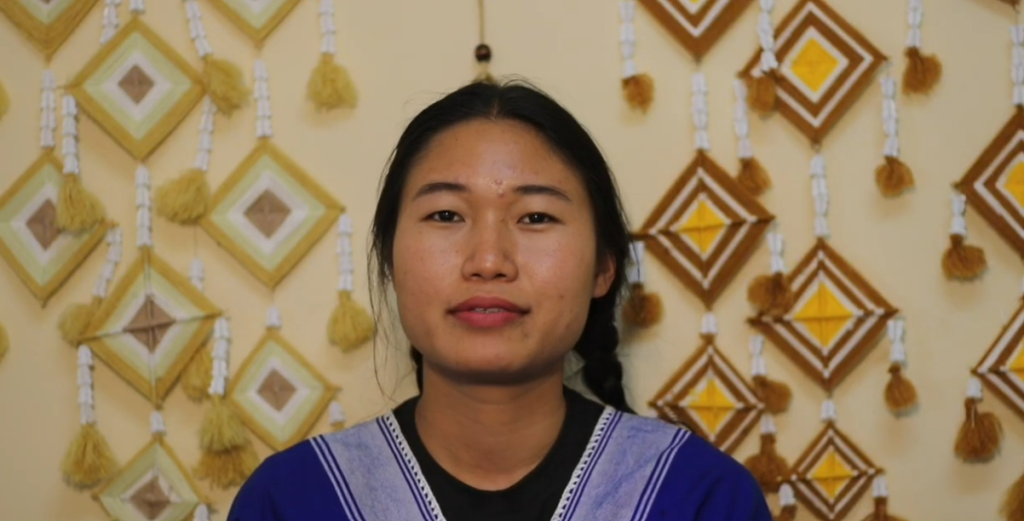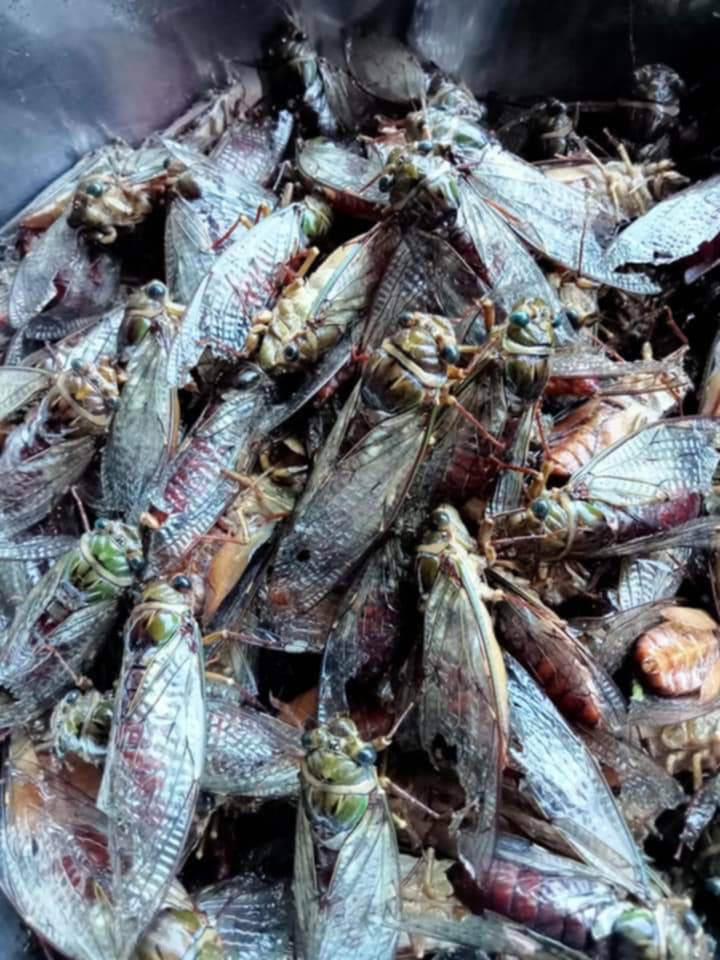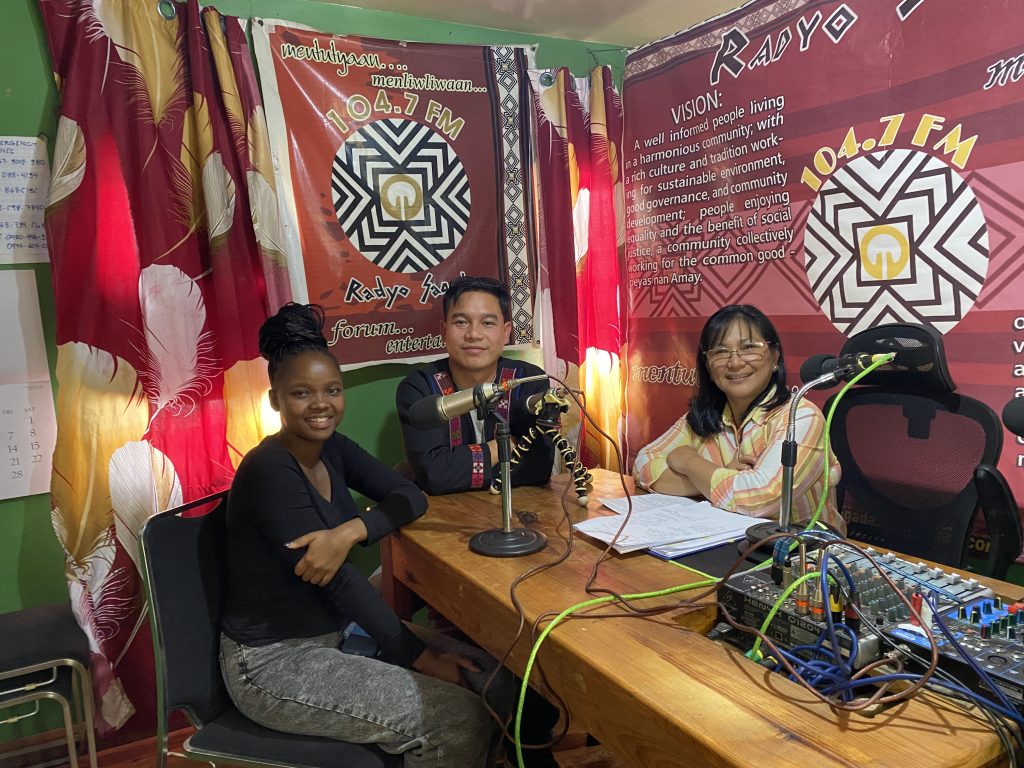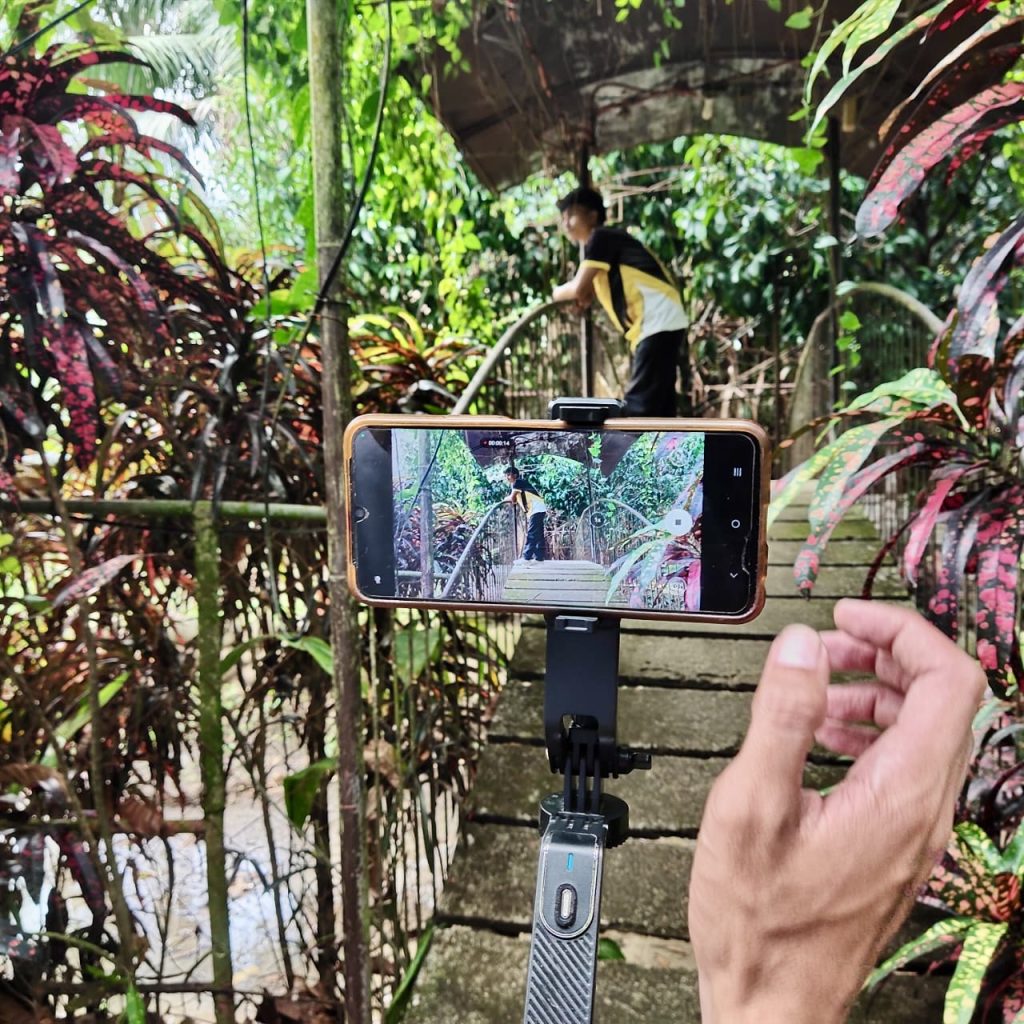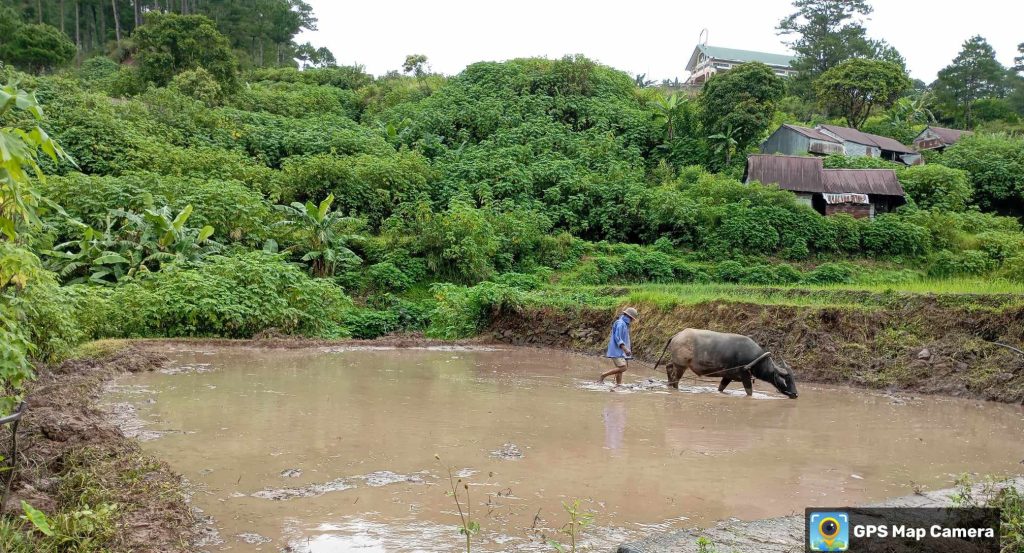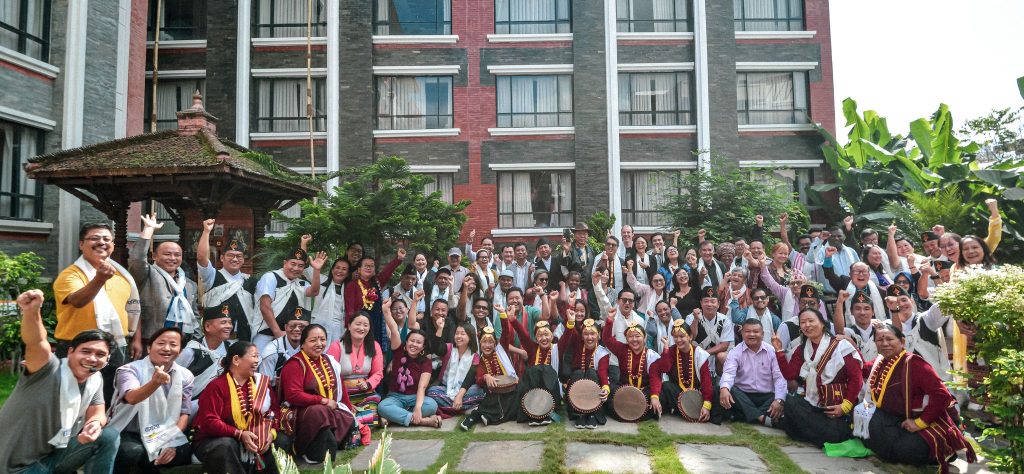Indigenous Peoples and Local Communities across Asia are facing significant challenges to their traditional ways of life, customary land and natural resources, including extractivism, land evictions and criminalisation.
In Asia, we partner with Pgakenyaw Association for Sustainable Development (PASD) and the Inter Mountain Peoples Education and Culture in Thailand Association (IMPECT) in Thailand, Partners for Indigenous Knowledge Philippines (PIKP) in the Philippines, and Partners of Community Organizations in Sabah (PACOS) Trust in Malaysia, who are working to address these issues.
Explore our work inMalaysiaPhilippinesThailand
Activity
Further info
The situation of indigenous people, local communities and biodiversity in Asia is complex and varied, as there are many different indigenous and ethnic communities and ecosystems across the continent. In Asia, there are approximately 400 million Indigenous Peoples, making this the largest among all the seven UN socio-cultural regions of the world. Overall, however, many indigenous peoples and local communities in Asia face significant challenges in maintaining their traditional ways of life, protecting their lands and natural resources and State recognition of their identities and rights.
Among these challenges are criminalisation and violations of human rights that stem from extractive industries, agri-business, tourism, land-grabbing, eviction from protected areas and the shrinking of rights-based civil spaces. Defending these rights and organising actions of protest have become highly risky, with no access to justice.
Shrinking civic space is also an issue for Indigenous Peoples and Local Communities in Asia, which includes restrictive finance laws against Civil Society Organisations (CSOs). This undermines CSO’s ability to further economic development, support democracy and promote human rights, and navigating and managing this situation has resulted in a significant burden of work on rights-based organisations, especially Indigenous Peoples’ and Local Community organisations.
Despite these challenges, many indigenous and local communities in Asia are actively working to protect their lands and natural resources, often with the support of civil society groups and international organizations. These efforts include community-based conservation initiatives that promote sustainable land use practices, as well as advocacy and legal action to defend indigenous and community rights and territories. This way Indigenous Peoples and Local Communities continue to defend their homes, govern themselves through customary laws, and practice knowledge systems which are contributing to advance the global goals set by the Kunming-Montreal Global Biodiversity Framework and the Paris Agreement on Climate Change.
Indigenous Peoples’ and Local Communities’ guardianship and spiritual relationships with lands and territories are distinct features of their worldviews. A strong sense of community, and kinship solidarity, collective ownership of land and resources, and consensus decision-making are some of the distinctive elements of social and political institutions that set Indigenous Peoples and local Communities apart.
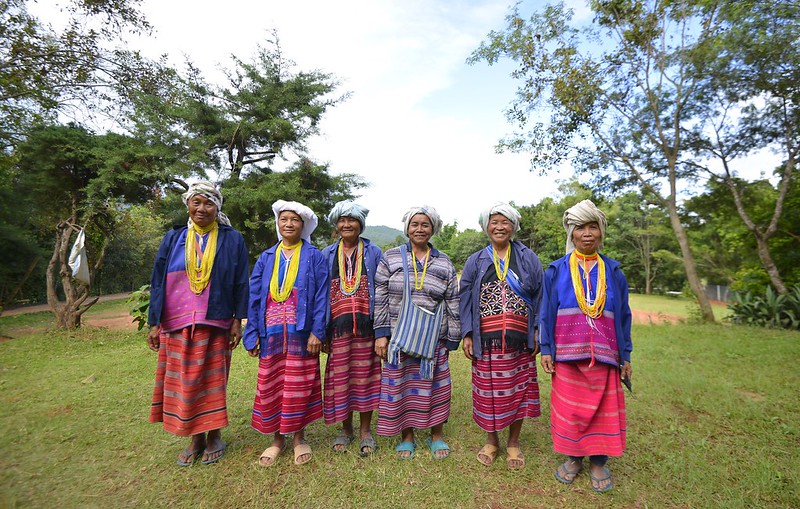
A group photo featuring the knowledge holders of the Karen community village of Huay Ee Khang. Huay Ee Khang village is in the Chiang Mai Province of Thailand. Photo by Lakpa Nuri Sherpa/Asia Indigenous Peoples Pact (AIPP)
